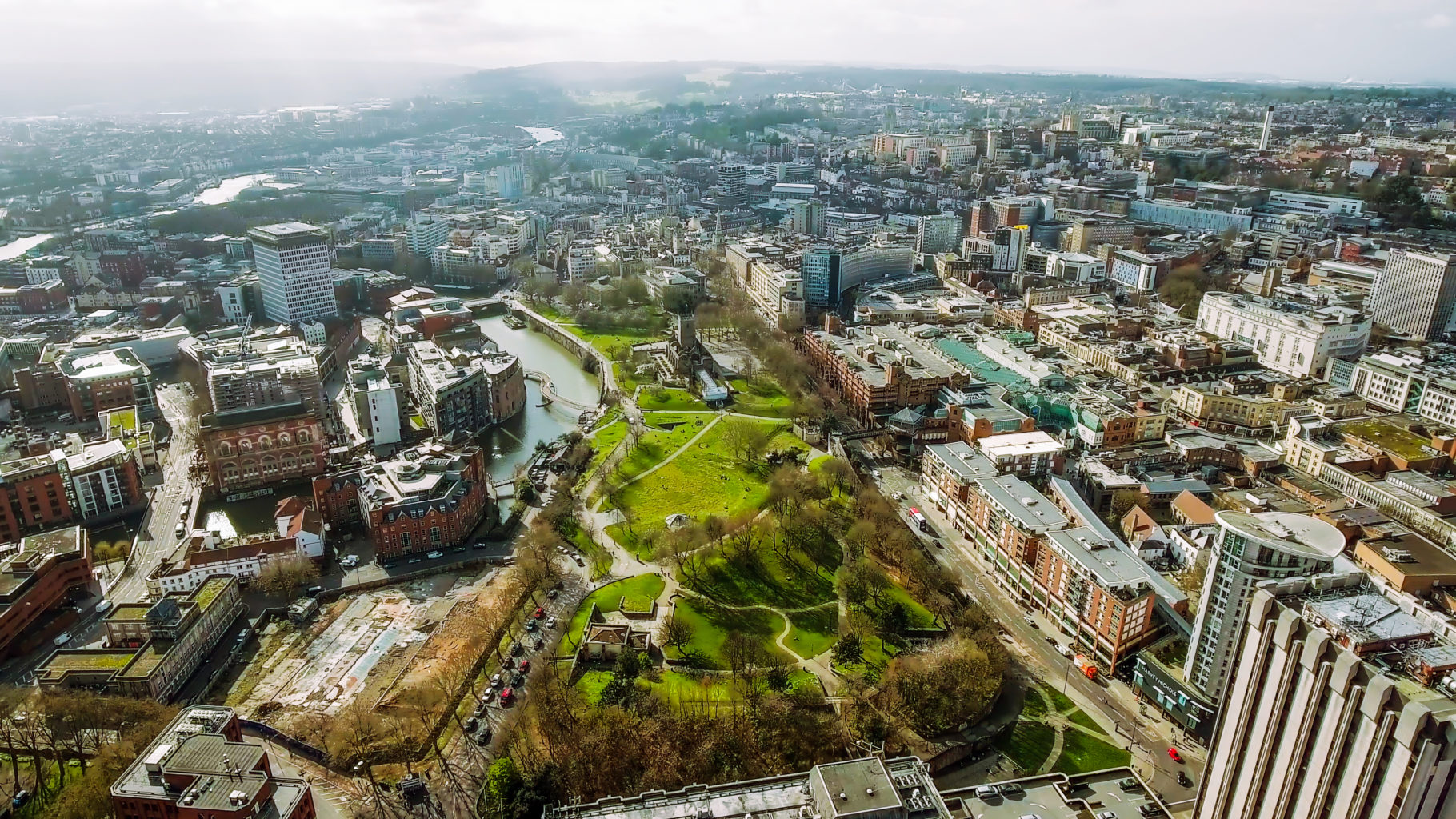New development powers to boost housing supply through large-scale communities
The Planning and Infrastructure Bill looks to boost housing supply by focusing on building large-scale new communities and new towns across England by strengthening development corporations – making it easier for central and local government to deliver large-scale new communities and unlock more housing across the country.
Development companies will be given new powers (including in relation to delivering infrastructure and transport), which will be balanced with requirements to have regard to sustainable development and climate change.
What are development corporations?
Development corporations are statutory bodies established for the purpose of urban development and regeneration. These publicly owned delivery vehicles are not a new invention, having historically been used to create many new towns from as early as the 1940s. They are key vehicles for delivering large-scale and complex regeneration and development projects.
What does the bill propose?
Expanded powers for development corporations
The bill seeks to build upon the significant powers for planning, land assembly, transport, and infrastructure, which development corporations have historically had to facilitate the delivery of large-scale, complex developments. The bill proposes greater flexibility for development corporations in terms of the variety, extent and types of the geographical areas over which they can operate. The bill would grant powers for urban extensions, as well as new towns, and would allow the same development company to manage multiple sites.
Focus on sustainability and climate considerations
In pursuing their objective and exercising their powers of development, the bill seeks to impose requirements upon development corporations to have due regard to sustainable development and climate change mitigation and adaptation. However, it is uncertain at this stage what this will mean in practice.
Standardisation of infrastructure provisions
The bill further seeks to update and standardise the types of infrastructure which development corporations can provide or facilitate the provision of. The infrastructure items currently listed in the bill include (amongst others): utilities (water, electricity, gas, telecoms, etc); roads and transport; retail and business facilities; health, education, employment or training facilities; social, religion or recreational facilities; as well as broader “community facilities”. The bill also seeks to include specific reference to “heat networks” – (also known as district heating) which supply heat from a central source to consumers, via a network of underground pipes carrying hot water (thereby removing the need for individual boilers or electric heaters in every building).
Strengthened transport planning and cooperation
Local transport authorities will also be required to collaborate with development corporations. The bill looks to introduce a new duty to cooperate, which seeks to ensure that new towns are seamlessly integrated into the wider spatial plan for the area as relevant transport authorities will need to have regard to any relevant plans shared by development corporation. The bill also ensures that development corporations are able (following the Secretary of State’s direction) to exercise transport planning functions where the transport authority fails to comply with this duty to cooperate.
How we can help
The Planning and Infrastructure Bill marks a significant shift in how large-scale developments and new towns are delivered across England. With expanded powers for development corporations and a renewed focus on infrastructure and sustainability, the legal landscape for planning and development is evolving rapidly.
If you are involved in development projects and need expert legal advice on how these changes could impact your plans, our specialist planning law team is here to help.







